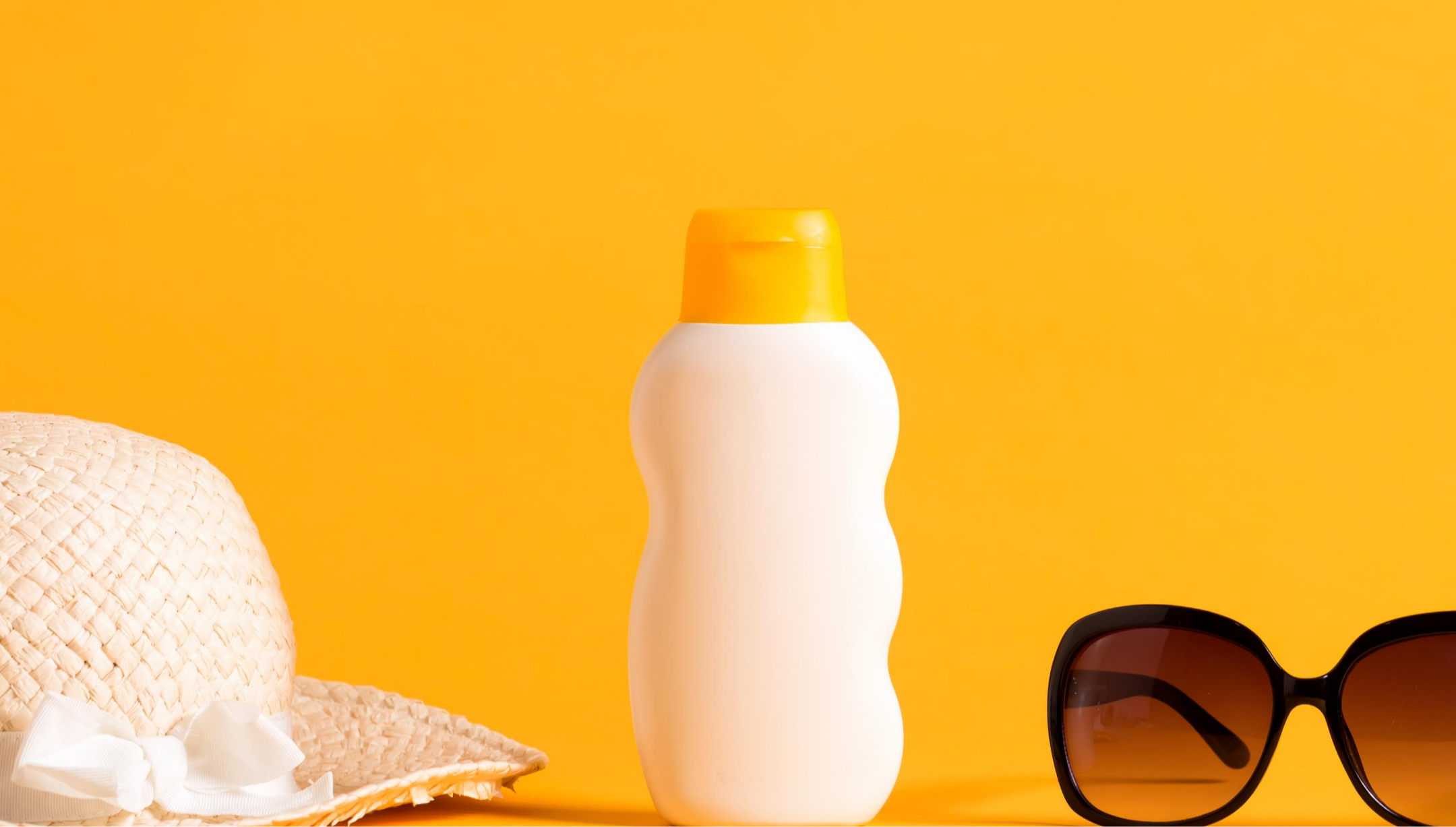With much of the UK due to experience another heatwave it is important we take steps to look after our eyes and ears when out in the sun as well as our skin.
To help families keep their sensory health in check during the upcoming warm weather, here are seven top tips from Specsavers’ clinical services director Giles Edmonds and chief audiologist Gordon Harrison.
Wear sunglasses
UV rays can damage our vision as well as our skin, warns Giles. ‘Prolonged UV exposure has been linked to cataracts, macular degeneration, and even some types of eye cancer. Sunglasses are not just fashion accessories – It’s particularly important that you wear a good pair that offer high levels of UV protection.
‘Sunglasses don’t need to be expensive but they should always conform to agreed safety standards. Look out for a CE (European Community Standard), BSEN1836 (British Standard) or UV400 markings and aim for a pair that offer 80 percent light reduction.’
Apply SPF
When we’re out in the sun we’ll often apply sun cream to parts of our bodies which are exposed, however we may often forget our ears and eyelids. Gordon says: ‘Our ears are one of the most sun-exposed parts of our bodies so it is so important we protect them from the harmful effects of UV rays. Take care when applying sun cream to coat all the exposed surfaces and the nooks and crannies. Wearing a wide brimmed hat can also help too.’
Giles adds: ‘The skin on our eyelids is extremely thin and can burn very easily – especially if you doze off while sunbathing. Make sure you use a cream which is suitable for the delicate and sensitive area and take care when applying so as not to get any lotion in your eye.’
Irritants in the eye
If you do get sun cream or a foreign body in the eye, such as a grain of sand, it is important you know what to do so as not to cause any damage.
Giles says: ‘As with any chemicals, if you get lotion in your eye you need to irrigate and flush your eye out with water. Tilt your head to the side so the water runs across your eye to your ear as you don’t want anything to potentially transfer into your other eye.’
Giles adds: ‘With a foreign object in the eye, although it is extremely uncomfortable it is important to remain calm as the more you blink, the more damage you could be causing. Try to flush it out, and if need be use your eyelashes to lift the eyelid off the surface of your eye while you do so. See your optician who can swab to remove the foreign body and, depending on the type of injury, use drops or ointment to help prevent infection. Lubrication of the eye with a gel or ointment can help with comfort during recovery and may be recommended for up to three months to prevent a recurrence of the scratch.’
Stop swimmer’s ear
If you’re cooling off in the sea or at the pool it is essential to care for your ears. Gordon says: ‘For most, a little water in their ears won’t be a problem but extra care should be taken for those susceptible to ear infections or swimmer’s ear.
‘Swimmer’s ear is an inflammation of the external ear canal that can often lead to an infection. It occurs when water becomes trapped in the ear, most often as a result of swimming, and the best way to avoid it is to wear ear plugs. And always steer clear of polluted or dirty water to avoid infection.’
Never wear contacts in water
Another major point to consider is not to swim while wearing your contact lenses. Giles warns: ‘Do not wear your contact lenses while swimming as there is a risk of serious infection if you wear them in a pool or the sea. It’s important to always wash your hands with non-cosmetic soap before handling contact lenses, never to use tap water to rinse them, and never to put contact lenses in your mouth. Microorganisms can also live in distilled water, risking infection or sight damage.’ Prescription swimming goggles are a good alternative.
How to combat more earwax
When it is hot it may seem like we get more earwax, but we could be causing serious damage if we try to remove it ourselves. Gordon says: ‘Warmer weather may mean we sweat more and as wax is made up of a mixture of dead skin cells, cerumen and sebum (which contains sweat), it is possible that an increase in sweat may lead to more ear wax.
‘If this does occur, never try to remove wax yourself especially with cotton buds, as sticking anything smaller than your elbow in your ear could cause serious damage, lead to impacted wax or perforate your ear drum. Instead, always see your audiologist who will be able to remove this safely.’
Look after your hearing aids
Many people who wear hearing aids do not realise that their devices could be affected by warmer weather.
Gordon says: ‘Spending more time outside wearing hearing aids may result in more debris blocking up aid microphones, so it is important they are cleaned regular to ensure good sound quality. The heat could also affect your aid in other ways depending on the type of device too. Modern hearing aids are water resistant and dust tight, however, some older devices do not have the same level of protection so it is vital you look after them well.
‘If you wear a hearing aid with electronic components in the ear then sweat may lead to a breakdown. Therefore, it is important to take your aids out at night and use a stay dry pot to remove any excess moisture to keep them working as well as possible for as long as possible. The same should be done for over the ear hearing aids which have tubes as you might get some sweat condensing in them.’

You can join us on our social media pages, follow us on Facebook or Twitter and keep up to date with whats going on in South Devon.
Got a news story, blog or press release that you’d like to share or want to advertise with us? Contact us




























